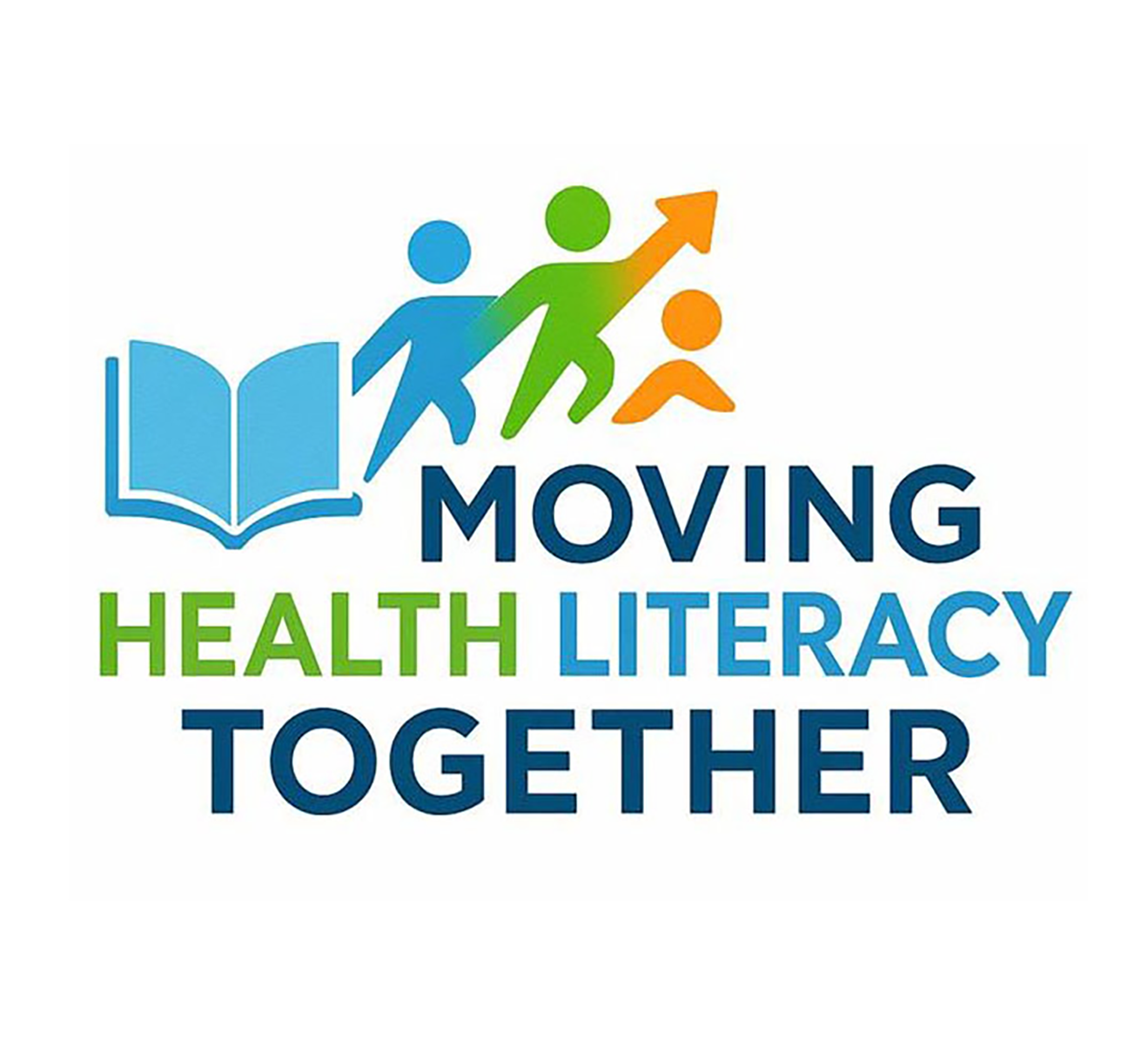
Your Central Hub for Physician Resources
Access essential guides, alerts, checklists, and policy updates designed to support the clinical, legal, and operational demands of today’s medical practice. From compliance tools to advocacy resources, everything you need is in one place.
Alerts
- Mandatory Vaccinations for Health Care Workers: Policy Implementation & Best Practices
- OSHA’s Final Rule Revises Hazard Communication Standard
- Enforcement of Michigan’s Medicaid Timely Payment Law
- Enforcement of Michigan’s Timely Payment Laws for Commercial Health Plans
- Health Plan Audits: What Every Physician Should Know
Compliance
- Surprise Medical Billing Guide for Physicians
- Medical Records Guide for Physician Practices
- HIPAA Guide for Physician Practices
- HIPAA Guide - Sample Notice of Privacy Practices
- HIPAA Guide - Sample Authorization to Disclose Protected Health Information
- HIPAA Guide - Sample Acknowledgement Form
- HIPAA Guide - Model Business Associate Agreement
- HIPAA Guide - Compliance Plan Provisions
- HIPAA Guide - HIPAA Security Rule Implementation Specifications Checklist
Medical Board: Discipline & Licensing

Health Equity
MSMS is committed to advancing health equity across Michigan by equipping physicians with advocacy tools, educational resources, and CME opportunities focused on inclusive care and reducing disparities.

Moving Health Literacy Together
Engaging, accessible, and community-centered curriculum that builds up the knowledge, power, and tools health workers need to close the gap in health literacy – a foundational determinant of health equity.
